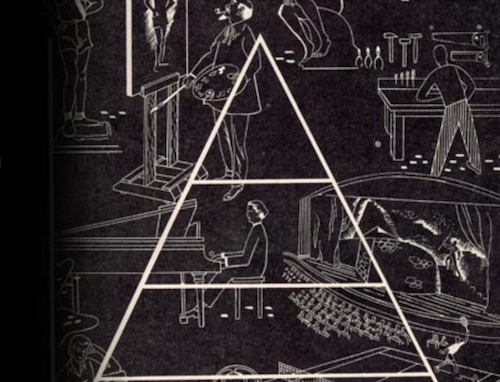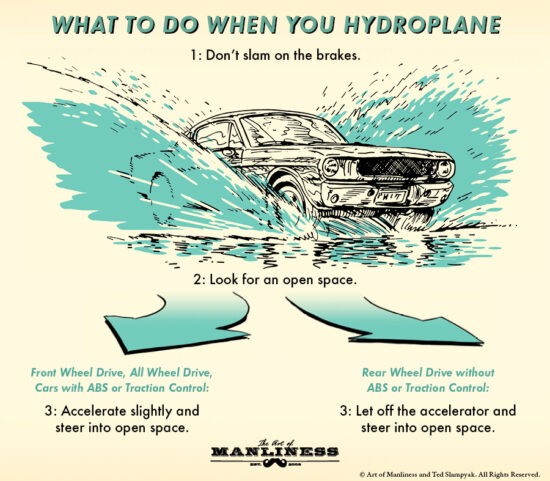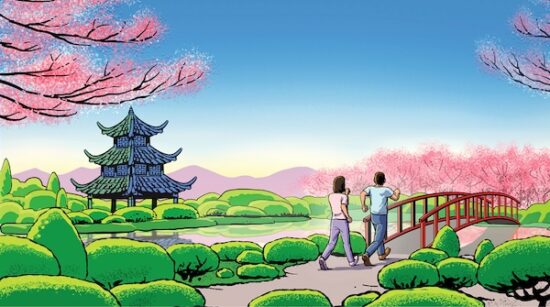To use leisure intelligently and profitably is a final test of a civilization. — Jay B. Nash, Philosophy of Recreation and Leisure
For thousands of years, man largely got the doses of challenge, creativity, achievement, and satisfaction needed for psychic health from his work. Initially his work in hunting and gathering was directly connected to his survival; then as civilization, and in turn trade and commerce, began to expand, he remained connected to the final product of his labors.
But after the dawn of industrialization, work became increasingly routinized, mechanized, and bureaucratized. Work was fragmented and more and more layers developed between a man’s labor, and its results, fruits, and outcomes.
After a day of work in the present age, many individuals cannot discern that the world is any different for their effort, and they themselves do not feel any different as a result of it.
The more man is alienated from his work, the more he must look elsewhere for sources of growth, mastery, and fulfillment; the more he is alienated from his work, the more critical it becomes for him to cultivate his life outside of it — his leisure.
The Critical Importance of Well-Used Leisure Time to the Individual, and to Society
Recreation [can] take on significance—possibly spiritual significance. Recreation can and even may become a way of life.
In 1953’s Philosophy of Recreation and Leisure, Dr. Jay B. Nash, professor of physical education, health, and recreation, argues that in a world where work is increasingly unsatisfying, leisure takes on an outsized importance; the way it is used can either exacerbate the malaise created by the shrinking significance of work, or act as a critical counterbalance to it.
In the former case, the dynamic runs something like this: people feel tired from their work, and interpret this tiredness as mental/physical fatigue caused by over-effort; they then seek rest in the form of mindless, passive amusements; these amusements, however, while they offer a temporary distraction in the short-term, leave people feeling more enervated in the long-term; this makes them seek more passive entertainments to feel better; and on the cycle goes. In this way, leisure time only deepens the malaise that can lead to garden-variety unhappiness, as well as contribute to clinical cases of depression and anxiety. It’s a cycle, Nash observed, that leads modern individuals to “go to pieces.”
If, on the other hand, as is often the case, the seeming fatigue caused by work is not the result of too much engagement, but too little of it — is in fact a manifestation of boredom — then leisure, used wisely, can act as the reinvigorating antidote to the modern tendency towards psychic disintegration.
Leisure, Nash says, can supply the interest, stimulation, and sense of accomplishment that is often lacking in paid work, would otherwise go missing from our lives, and is ultimately critical to psychological wholeness and the integration of character.
Nash argues that it is “in the practice of skills” — real, concrete, progressively-developed skills that contrast with the typically abstract energies we moderns typically deal…


